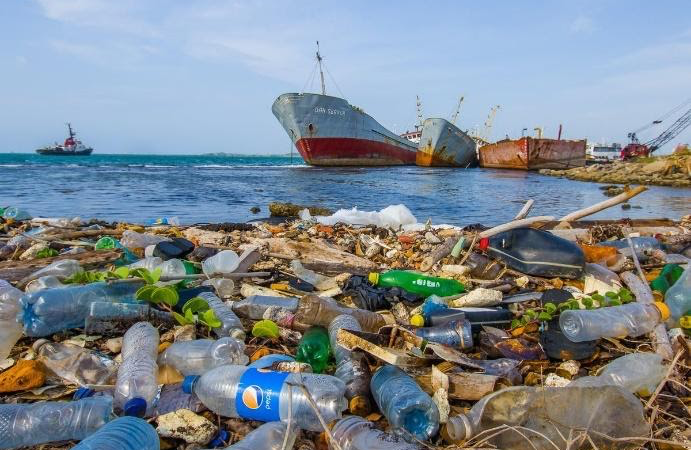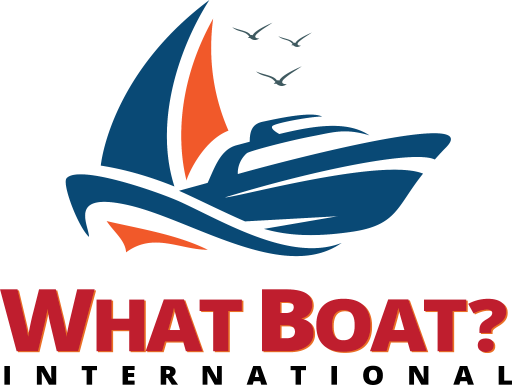
Published on: 01 July 2021

The International Maritime Organization (IMO) held its 76th session of Marine Environmental Protection Committee (MEPC) virtually between the 10 and 17 June 2021.
The principal items of interest to the Superyacht industry discussed in the meeting are:
NOx Tier III and Large Yachts – As may be recalled from the MEPC 75 report, there was some support for extending the entry into force or at least not enforcing, the Tier III Nitrogen Oxides (NOx) regulations for yachts over 24m in length and under 500 gross tonnage (GT). As explained in that report, the support received could not be translated into action due to the informational nature of the papers presented.
Nevertheless, it was advantageous to have a plenary discussion and to keep the concerns of our industry at the forefront.
In order to keep the Committee aware of the ongoing compliance problems with the Tier III rules, ICOMIA submitted MEPC 76/INF.64 “Overview of the availability of NOX Tier III compliant engines for large yachts greater than 24m load-line length and less than 500 gross tonnes”. (Download the full report here).
The aim of the paper is to provide detail on the work the sector has done so far towards compliance and, along with the US policy, to provide leverage for any future discussions with other administrations bordering Emission Control Areas (ECAs) that might be deemed necessary. The Committee noted the contents of the paper.
NOx compliance for engines using biofuels – One paper of potential interest to the yachting industry was submitted by Denmark, France, Greece, Japan, Singapore and ICS: MEPC 76/7/22 “NOx compliance for engines using biofuels”. The paper sets out the environmental and compliance benefits of biofuels but points out that the use of such fuel does not constitute an exemption or equivalent under the MARPOL regulations. It points out that engine trials and data collection are necessary to provide evidence that engines remain compliant when using such fuels.
The co-sponsors request the Committee to:
- Encourage all industry stakeholders to carry out research, development and trials in the use of sustainable marine biofuels, to collect data.
- Invite Administrations of Parties to MARPOL Annex VI to issue temporary exemptions for ships conducting biofuel trials for greenhouse gas (GHG) reduction purposes.
- Include this issue in the work programme of the Intersessional Working Group on Reduction of GHG Emissions from Ships at its next session or any other relevant body of the Organization.
- Invite Member States and international organizations to submit concrete proposals on a way forward to address this issue.
Due to time constraints, this paper was deferred to MECP 77.
Draft amendments to MARPOL Annex VI – The Committee adopted the amendments (approved at MEPC 75) to MARPOL VI to combine a technical and operational approach to reducing the carbon intensity of shipping. This is to meet the target of a 40% reduction in carbon intensity by 2030 compared to 2008. The new amendments build upon the existing Energy Efficiency Design Index (EEDI) requirements for new-build vessels. A new index, the Energy Efficiency Existing Ship Index (EEXI) has been established as well as a new Carbon Intensity Indicator (CII).
The EEXI will apply to all vessels over 400 GT, to which the EEDI regulations already apply, and will be calculated based on ship type and size. Vessels will be required to meet a specific EEXI based on a reduction factor that is derived from an EEDI baseline. Currently, yachts and passenger yachts are not included in these regulations, but this could change in the future.
The annual CII rating will be applied to vessels over 5000 GT. The CII determines the annual reduction factor needed to ensure continuous improvement of the ship’s operational carbon intensity. The attained CII will need to be documented and verified. Depending on vessel performance, and operational carbon intensity rating will be applied. The rating will be A, B, C, D, E which correspond to major superior, minor superior, moderate, minor inferior or inferior performance. The rating will be recorded in the Ship Energy Efficiency Management Plan. A ship which is rated D for three consecutive years or E would be required to submit a corrective action plan to show how performance level C or above will be achieved. Again, yachts and passenger yachts are excluded from this requirement, but this could change in the future.
The amendments will enter force on 1st November 2022. The text of the amendments can be found at Annexe 1 of the report of the drafting group on amendments to mandatory instruments in the attached document MEPC 76/WP.5.
Cybutryne – The Committee adopted the amendments (approved at MEPC 75) to the International Convention on the Control of Harmful Anti-fouling Systems in Ships (AFS), requiring ships to cease using anti-fouling systems containing cybutryne from 1 January 2023. Ships will be required to remove or seal any AFS containing cybutryne at the next scheduled application of the AFS but not later than 60 months after the last application.
Marine plastic litter – A number of papers were submitted to this session as well as some which were deferred from MEPC 75, on the follow-up work emanating from the action plan to address marine plastic litter from ships. Due to the time constraints of the virtual meeting, these papers were deferred to MEPC 77. However, the Committee approved the following circulars:
- MEPC.1/Circ.893 on the provision of adequate facilities at ports and terminals for the reception of plastic waste from the ship
- MEPC.1/Circ.894 on sharing of results from research on marine litter and encouraging studies to better understand microplastics from ships
Underwater noise – The Committee agreed on a new output for the agenda of SDC 8 (Ship Design and Construction) a review of the 2014 “Guidelines for the reduction of underwater noise from commercial shipping to address adverse impacts on marine life (MEPC.1/Circ.833) (2014 Guidelines)” and identification of next steps, with a target completion year of 2023.
The full ICOMIA IMO report and all its supporting documents can be downloaded by British Marine members from the British Marine website here.

